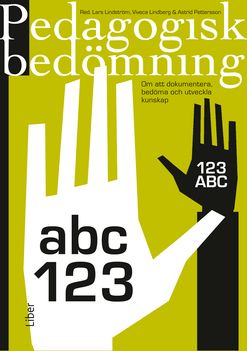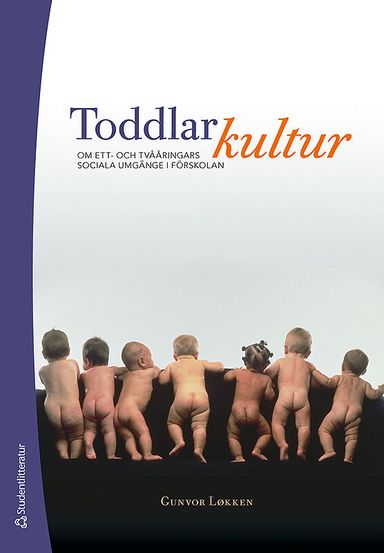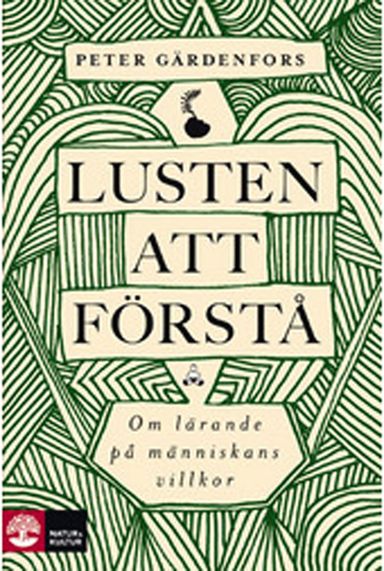

What is Anthropology? Upplaga 1
- Upplaga: 1a upplagan
- Utgiven: 2004
- ISBN: 9780745323206
- Sidor: 176 st
- Förlag: Marston
- Format: Inbunden
- Språk: Engelska
Om boken
Leading anthropologist Thomas Hylland Eriksen shows how anthropology is a revolutionary way of thinking about the human world. Perfect for students, but also for those who have never encountered anthropology before, this book explores the key issues in an exciting and innovative way. Eriksen explains how to see the world from below and from within - emphasising the importance of adopting an insider's perspective. He reveals how seemingly enormous cultural differences actually conceal the deep unity of humanity. Lucid and accessible, What is Anthropology? draws examples from current affairs as well as anthropological studies. The first section presents the history of anthropology, its unique research methods and some of its central concepts, such as society, culture and translation. Eriksen shows how anthropology helps to shape contemporary thinking and why it is inherently radical. In the second section he discusses core issues in greater detail. Reciprocity, or exchange, or gift-giving, is shown to be the basis of every society. Eriksen examines kinship in traditional societies, and shows why it remains important in complex ones.He argues nature is partly cultural, and explores anthropological views on human nature as well as ecology. He delves into cultural relativism and the problem of understanding others. Finally, he describes the paradoxes of identity - ethnic, national, religious or postmodern, as the case may be.
Åtkomstkoder och digitalt tilläggsmaterial garanteras inte med begagnade böcker
Mer om What is Anthropology? (2004)
2004 släpptes boken What is Anthropology? skriven av Thomas Hylland Eriksen. Det är den 1a upplagan av kursboken. Den är skriven på engelska och består av 176 sidor. Förlaget bakom boken är Marston.
Köp boken What is Anthropology? på Studentapan och spara pengar.
Referera till What is Anthropology? (Upplaga 1)
Harvard
Eriksen, T. H. (2004). What is Anthropology? 1:a uppl. Marston.
Oxford
Eriksen, Thomas Hylland, What is Anthropology?, 1 uppl. (Marston, 2004).
APA
Eriksen, T. H. (2004). What is Anthropology? (1:a uppl.). Marston.
Vancouver
Eriksen TH. What is Anthropology? 1:a uppl. Marston; 2004.



















